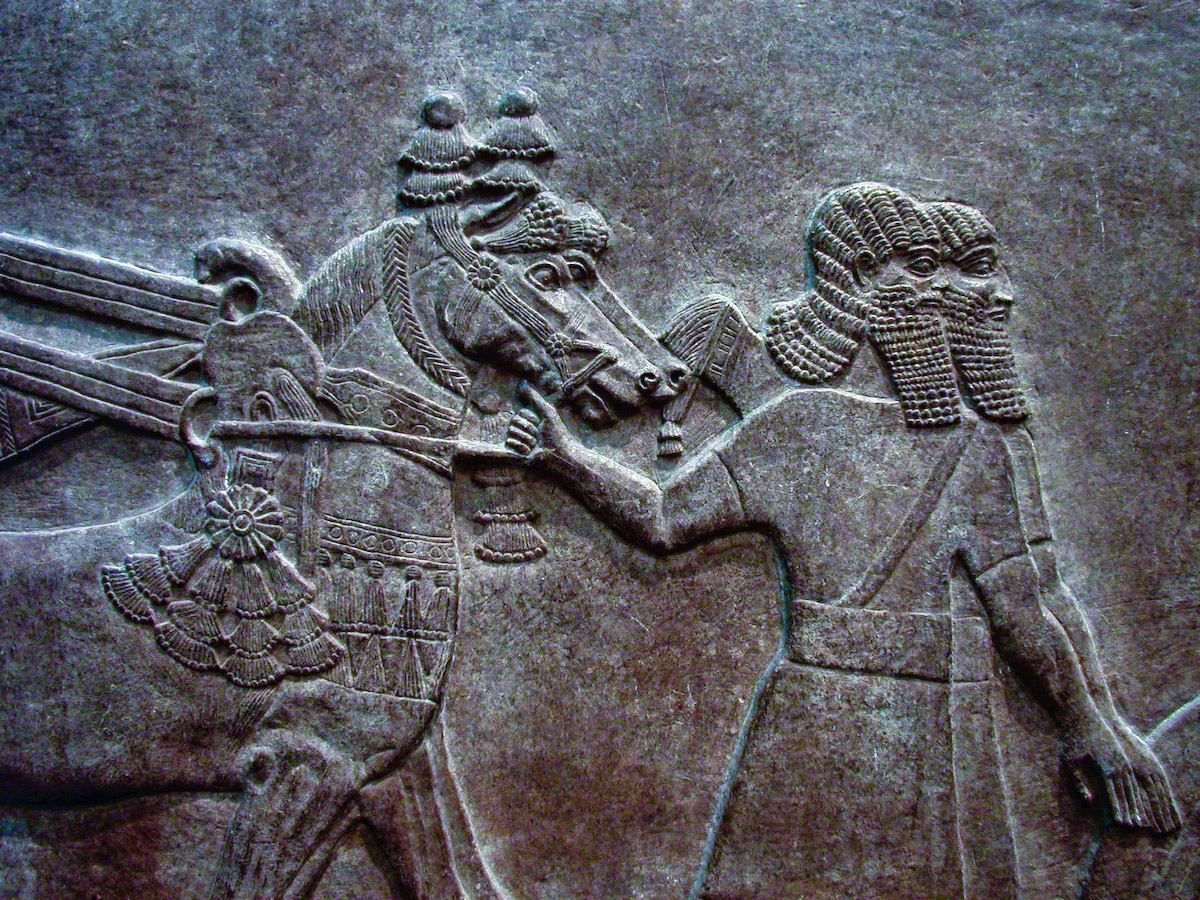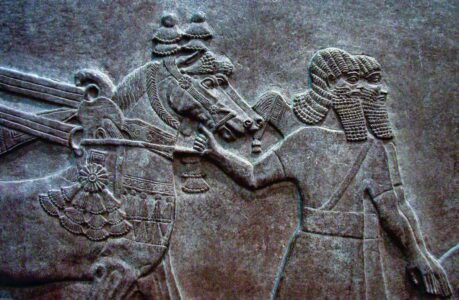The ancient Babylonians were some of the earliest people to develop a keen interest in astronomy, and their observations and theories have been the subject of study for many years. These people were deeply connected to the sky and believed that celestial phenomena could influence human lives and destinies.
Babylonian astronomy was primarily observational in nature, and their scientists recorded the movements of celestial bodies on clay tablets with cuneiform writing. One of the most remarkable achievements of Babylonian astronomy was the creation of an accurate calendar system based on the cycles of the moon, which allowed them to predict the appearance of celestial events such as eclipses.
Another significant contribution of Babylonian astronomy was the development of a mathematical system for tracking the positions of the stars and planets over time. This system, known as the zodiac, is still in use today, and is fundamental to astrology and modern astronomy.
The Babylonians were also the first civilization to record the movements of Venus, which they called “Ishtar,” and to recognize the difference between the morning and evening star. They also observed comets and meteor showers and believed they were omens of impending events, both good and bad.
It is believed that Babylonian astronomers were the first to recognize that the Earth was round, and they had a rudimentary understanding of the principles of gravity. They believed that the cosmos was divided into three realms: the heavens, the earth, and the underworld, and that the gods controlled each realm.
Babylonian astronomy had a profound influence on later civilizations, and their observations and theories were studied by the ancient Greeks, Egyptians, and Romans. It is a testament to the enduring legacy of the Babylonians that their work continues to be the subject of research and fascination to this day.
Key babylonian astronomical discoveries
The Babylonians, one of the earliest civilizations in the world, made significant contributions to the field of astronomy. Here are some of the key Babylonian astronomical discoveries:
- Development of the zodiac: The Babylonians developed the zodiac, which is still in use today. It is a system of 12 constellations that the Sun passes through over the course of a year.
- Accurate calendar system: The Babylonians developed an accurate calendar system that was based on the cycles of the Moon. They were able to predict the appearance of celestial events, such as eclipses, with a great degree of accuracy.
- Tracking of Venus: The Babylonians were the first civilization to track the movements of Venus, which they called Ishtar. They recognized the difference between the morning and evening star.
- Observation of comets and meteor showers: The Babylonians observed comets and meteor showers and believed they were omens of impending events, both good and bad.
- Understanding of the phases of the Moon: The Babylonians had a good understanding of the phases of the Moon and were able to predict the dates of New Moon and Full Moon.
- Understanding of the equinoxes and solstices: The Babylonians had a good understanding of the equinoxes and solstices, which occur twice a year and mark the changing of the seasons.
- Belief in a round Earth: The Babylonians believed that the Earth was round and that the cosmos was divided into three realms: the heavens, the earth, and the underworld.
These discoveries were groundbreaking at the time and have had a lasting impact on astronomy and the study of the cosmos. The Babylonians’ legacy in the field of astronomy continues to be recognized and celebrated to this day.
Babylonian astronomical names
The Babylonians had a deep connection with the sky and stars, and they gave many astronomical names to the celestial objects they observed. Here are some of the most significant Babylonian astronomical names:
- Marduk: The Babylonians believed that Marduk was the patron god of their city, and they associated him with the planet Jupiter.
- Ishtar: The Babylonians called the planet Venus by the name Ishtar, which they associated with the goddess of love and fertility.
- Nergal: The Babylonians associated the planet Mars with the god Nergal, who was believed to be the god of war and pestilence.
- Sin: The Babylonians called the Moon by the name Sin and believed that it was a powerful force that influenced human lives.
- Anu: The Babylonians believed that the god Anu was the ruler of the heavens and the highest god in their pantheon.
- Shamash: The Babylonians associated the Sun with the god Shamash, who was believed to be the god of justice and truth.
- Tiamat: The Babylonians believed that Tiamat was a giant sea monster that represented chaos and disorder. They associated this entity with the planet Mercury.
These astronomical names have endured throughout history and are still used in modern times. They provide a fascinating insight into the beliefs and culture of the ancient Babylonians, and their legacy in the field of astronomy continues to be celebrated to this day.

